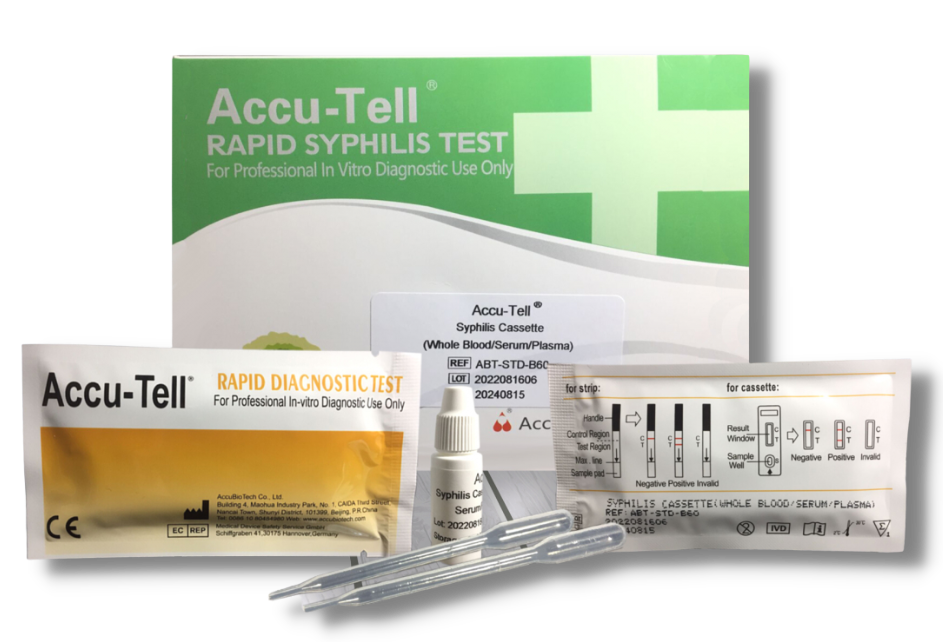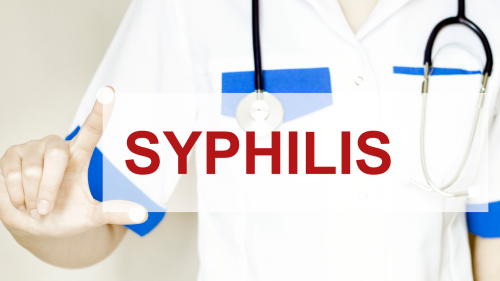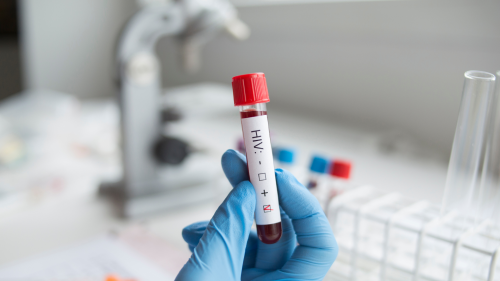Sexually transmitted diseases, commonly called STDs, are infections that are spread by having sex with someone who has a STD. STDs are serious illnesses that require treatment, regardless of whether someone is pregnant or not. But when someone pregnant, there is not the only one at risk; many STDs can be especially harmful to the baby.
Sexually transmitted diseases, commonly called STDs, are infections that are spread by having sex with someone who has a STD. Someone can get a STDs from sexual activity that involves the mouth, anus, or vagina. STDs include:
- Herpes
- HIV/AIDS
- Genital warts (caused by human papilloma virus, or HPV)
- Hepatitis B
- Chlamydia
- Syphilis
- Gonorrhea
- Trichomoniasis
Sometimes, there are no symptoms of a STD. If symptoms are present, they may include:
- Bumps, sores, or warts near the mouth, anus, penis, or vagina
- Swelling or redness near the penis or vagina
- Skin rash with or without pain
- Painful urination
- Weight loss, loose stool, night sweats
- Aches, pains, fever, and chills
- Yellowing of the skin (jaundice)
- Bleeding from the vagina other than during a monthly period
- Painful sex
- Severe itching near the penis or vagina
How Can STDs Affect Pregnancy?
STDs in pregnancy can harm a pregnant woman and the baby, depending on the type of infection.
HIV/AIDS: Transmission of HIV infection to the infant is significantly reduced or can be prevented. But, when the disease is passed on, the baby may develop HIV infection. If someone had plan about getting pregnant, please talk to the doctor to see what to do to lower the risk of spreading the disease to the baby.
Gonorrhea: If contracted during pregnancy, the infection can cause vaginal discharge, burning while emptying the bladder, or abdominal pain. A pregnant woman with untreated gonorrhea may have an increased risk of miscarriage or preterm delivery. A baby who is born while the mother has an active infection can develop blindness, joint infection, or a life-threatening blood infection.
HPV (Genital Warts): If someone contract genital warts during pregnancy, treatment may be delayed until after you deliver. The genital warts often appear as small cauliflower-like clusters which may burn or itch, but sometimes the hormones from pregnancy can make them grow larger, large enough to block the birth canal, the baby may need to be delivered by a C-section.
Chlamydia: Chlamydia may cause an increased risk of miscarriage and preterm delivery. Newborns who are exposed can get severe eye infections and pneumonia. Make sure to retested within 3 months, to be certain the infection is gone.
Hepatitis B: If pregnant women are infected with hepatitis B, they can transmit the infection to their baby through the placenta. An infected newborn can become a lifelong carrier of hepatitis B leading to liver disease and even death.
Syphilis: Syphilis is easily passed on to your unborn child. It is likely to cause a very serious infection to the baby that can be fatal. The infants are often premature. Untreated infants that survive tend to develop problems in multiple organs, including the brain, eyes, ears, heart, skin, teeth, and bones.
To detect whether a pregnant woman has syphilis or not, a test can be carried out using a syphilis rapid test kit as a preliminary test. One example of a syphilis rapid test product is the Accu-Tell® Rapid Syphilis Test (Whole Blood/Serum/Plasma).

Picture 1. Accu-Tell® Rapid Syphilis Test (Whole Blood/Serum/Plasma)
This product is used to qualitatively detect the presence of antibodies (IgG and IgM) against Treponema pallidum (TP) in whole blood, serum, or plasma to help diagnose syphilis. The tools & materials in 1 box are complete; contains 25 test cassettes, 25 plastic capillary pipettes, 1 buffer bottle and 1 Insert Pack. The test will give results within 5 minutes. For more instructions, read on the insert pack sheet.
The results can be called positive if two colored lines are formed in the control region (C) and the test region (T). The intensity of the color will vary depending on the concentration of Treponema pallidum antibodies in the specimen. Even if a faint line is formed in the test region (T), it can be considered a positive result.
Screening for infections is the first step in accessing the care and treatment needed to prevent transmission of the infection to the infant and to improve the mother’s health. Prenatal screening for some infections (HIV, syphilis, hepatitis B virus, and hepatitis C virus) is recommended for all pregnant women. Screening for other infections (chlamydia, gonorrhea, and TB) is recommended for some women at risk for infection.
Women who are pregnant can become infected with the same STDs as women who are not pregnant. Pregnancy does not provide women or their babies any additional protection against STDs. Many STDs are ‘silent,’ or have no symptoms, so the person may not know if infected.
It is important to aware of the harmful effects of STDs and how to protect the mother and the unborn baby against infection.
References:
- CDC. (2022). Pregnancy and HIV, Viral Hepatitis, STD & TB Prevention
- CDC. (2022). STDs during Pregnancy – CDC Basic Fact
- WebMD. (2021). Pregnancy and Sexually Transmitted Diseases






